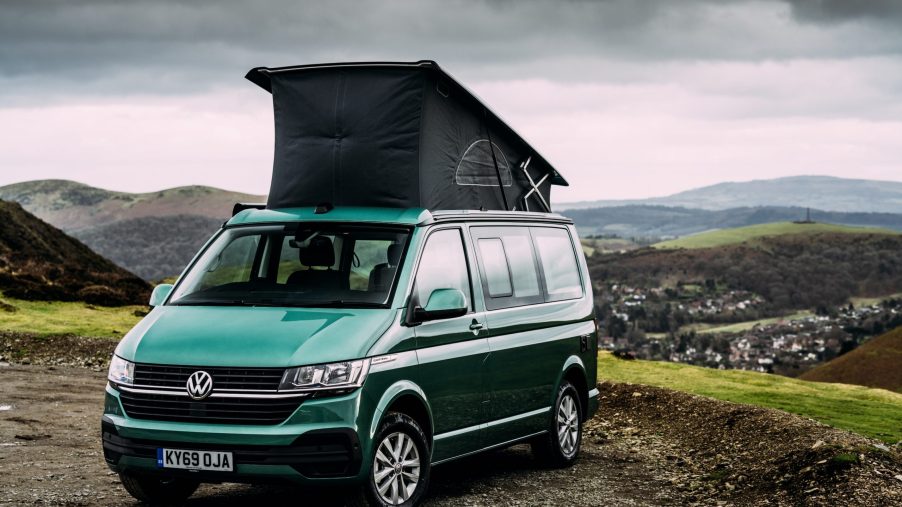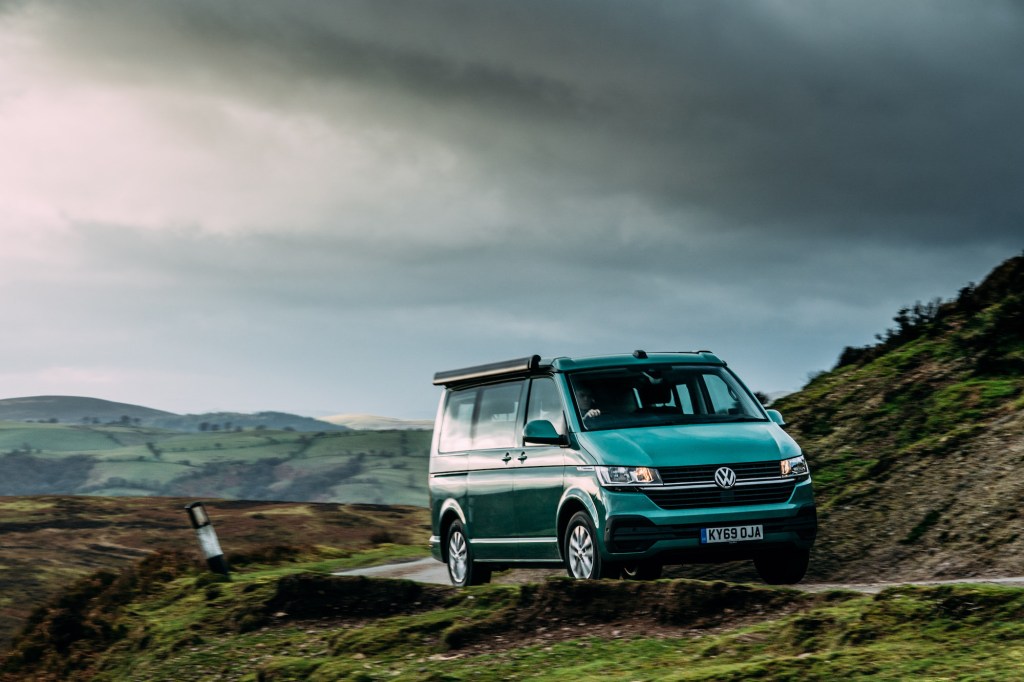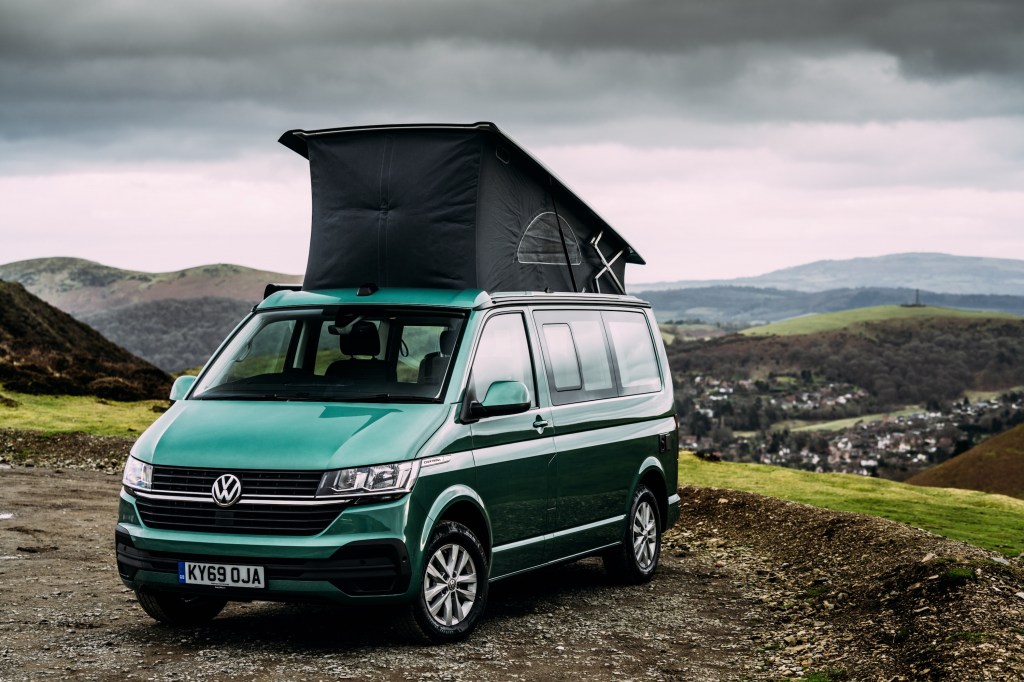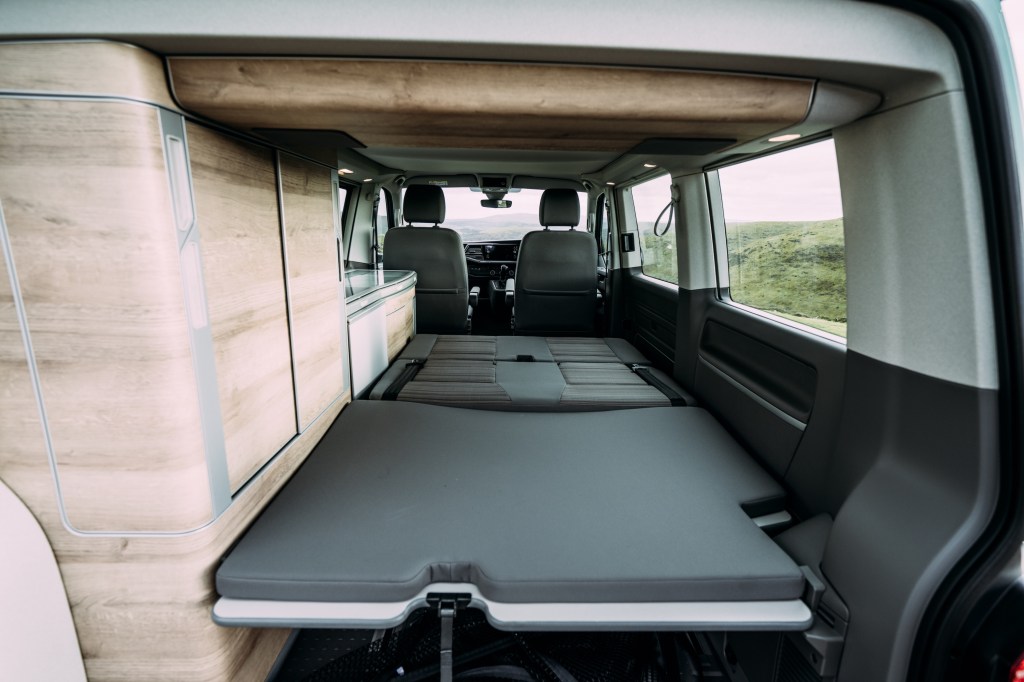
Why Does Volkswagen STILL Refuse to Sell VW camper vans in the U.S.?
In the fall of 2019, Volkswagen sent me to Nova Scotia to spend a weekend driving and living in the new California camper van. It was my first time in a proper camper van, and it blew my mind. Although the $100,000 price tag hurt, I could see the shot. Volkswagen makes a seriously good camper van. Even more to the point, the VW van is THE camper van.

Since the fall of 2019, the world has changed in more ways than one. Even though American camper vans have been selling like ice water in Hell, Volkswagen is still refusing to sell their vans to us. What gives, VW?
The Volkswagen van is still the King of Camper Vans but we can’t play
The Drive has been driven mad by this lack of Volkswagen camper vans just like we have. And after a little digging, it would seem The Drive might have some answers.
Like all good camper vans, the California is based on an existing commercial van. The VW van is built from the base T6.1 Transporter vans. This commercial van is not only a great modern van; it has pedigree, too. The T6.1 is a direct descendant of the American icon, the Type 2, better known as the VW bus – think peace signs, Woodstock, and LSD.
Although the California series isn’t cheap, they are wonderfully small and practical. The California Beach is the base model and starts at $75,000 but sleeps four and seats seven. That’s hard to beat, making Volkswagen denying us so brutal.
So, why aren’t VW vans sold in America?

“Well, buying in would, for starters, require federal homologation, development for which a 2017 study by the Center for Automotive Research determined would easily cost a European carmaker more than $10 million per model,” according to the Drive.
It’s a fair concern for gambling on something so expensive and niche. However, the camper van market is so strong alone, not to mention the commercial applications for efficient delivery vans.
According to Car Sales Base, the Transporter accounted for 496,000 sales within the commercial van market in 2019. $10,000,000 is no small amount, but neither are those sales numbers. VW certainly has this same information plus some, and it has still decided to withhold the camper vans from Americans.
The VW camper van is still niche

If VW still chooses not to import the easy-to-sell Transporter, then there is no shot that it would import the much more expensive and more niche California camper van. In 2017, the most recent year that VW Commercial Vehicles has disclosed global production of the Volkswagen California, the camper accounted for just over 15,000 vehicles, or about a sixth as many as the Transporter van. Those numbers aren’t what we want to see. This news is twice as grim when we hear Lenny Sims, J.D. Power’s vice president for business development and strategy, predict a sharp decline in RV sales the further away from 2020 we get.
“[In general], the RV market has, obviously in the last year, done extremely well: It’s set record-breaking numbers through essentially the pandemic,” Sims told The Drive. “Going into early 2020, the market was down year-over-year to ’19, so 2020 was starting out as a down year for RVs, and as a byproduct of COVID, the general public started leaning toward RV-ing as a way to escape the quarantining that everybody was dealing with.”
Are camper van sales declining?
It is too early to say for sure, but if we are to believe that as more vaccines get distributed, and we return to “normal” life, RV sales will decline, then VW would be twice as unlikely to eat the high cost of homologation for the pricey camper van.
Between the uncertainty of the economy and the car market more specifically, there is almost no chance we ever see the California camper van in the U.S., despite its ironic name.



